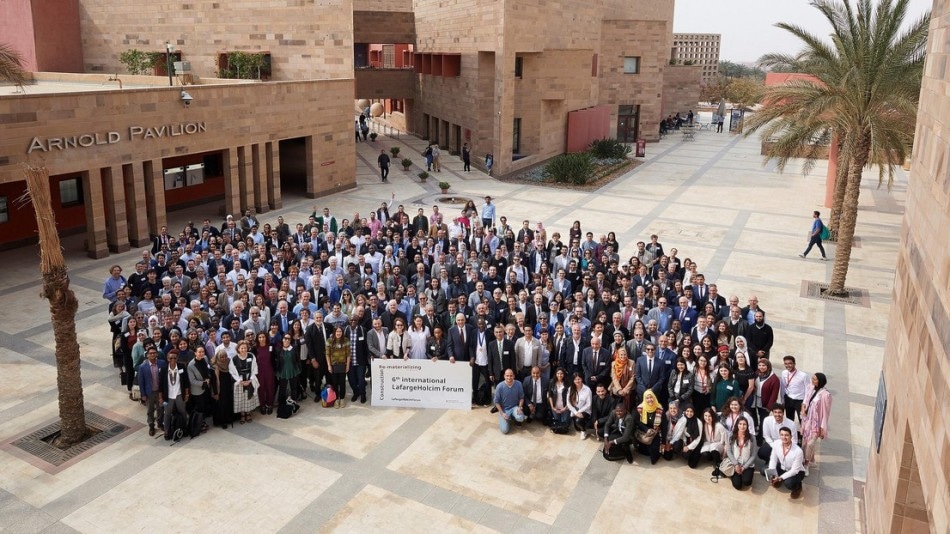May 2 2019
The American University in Cairo, Egypt, held the 6th LafargeHolcim Forum titled “Re-materializing Construction” on April 4th to 6th, 2019. Over 350 experts from architecture, planning, engineering, and construction gathered to advance their contributions to developing a more sustainable built environment.

On this occasion, Célia Küpfer presented her master’s thesis performed at the Laboratory of Architecture and Sustainable Technologies (LAST) on the topic of reuse.
At present, the construction sector produces up to 40% of westernized countries waste. The architecture, confronted by the accumulation of more and more complex waste and the reduction of raw material reserves, is challenged by the demand to change some logic present in the existing construction systems.
In this circumstance, the work by Célia Küpfer considered the reuse of components and materials in architecture as a sustainability strategy. Often mistaken with recycling, this architectural design mode is found to function with second-hand products and focuses on extending their life by reusing them for a similar or different function.
This study enabled the identification of the main theoretical problems subject to this theme and allowed a project to be suggested that includes the development of a regional hub for the reused architectural components. The supervision group of this Master Project included Prof. Emmanuel Rey (supervisor, LAST), Prof. Corentin Fivet (professor, SXL), and Aleksis Dind (teaching assistant, LAST).